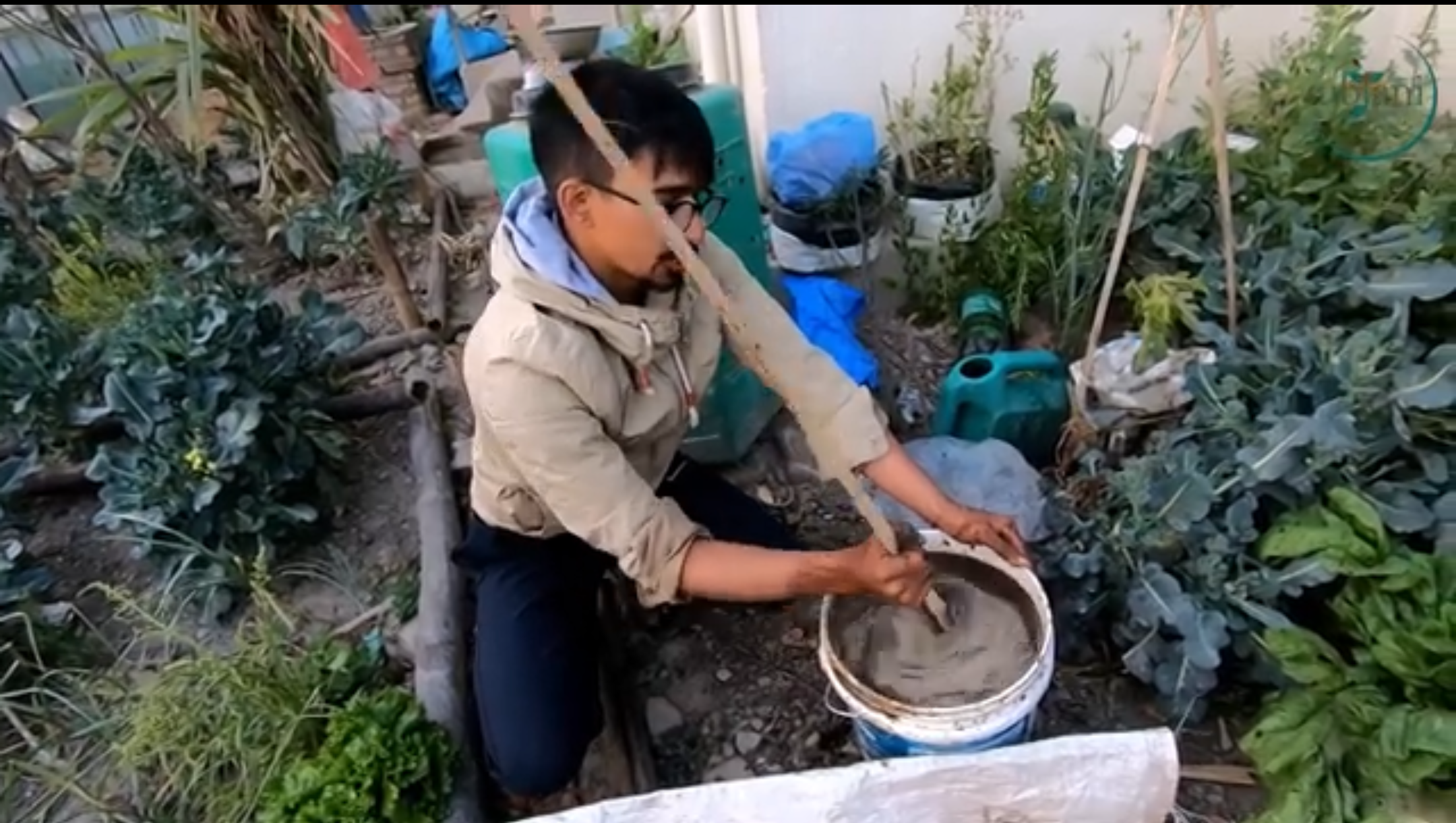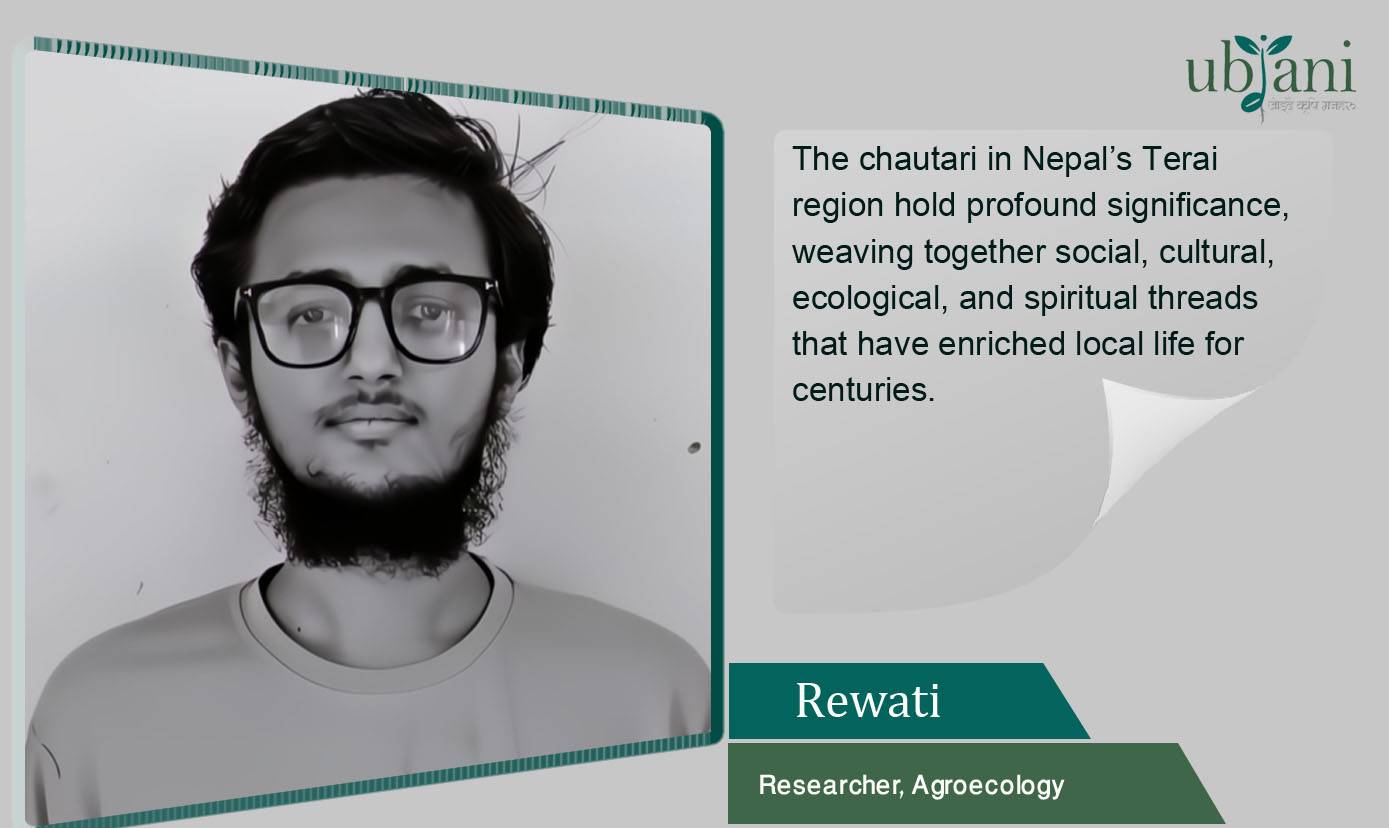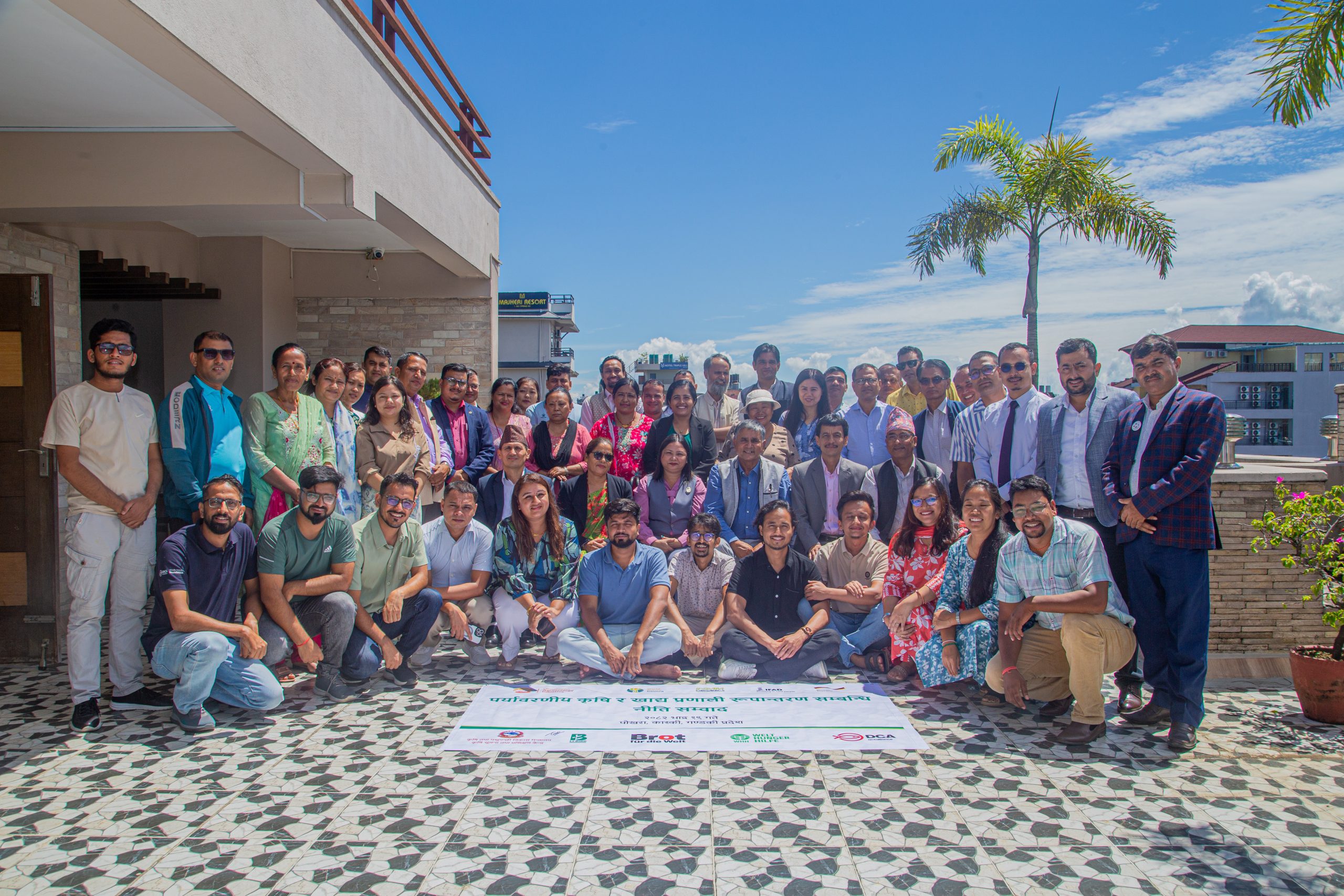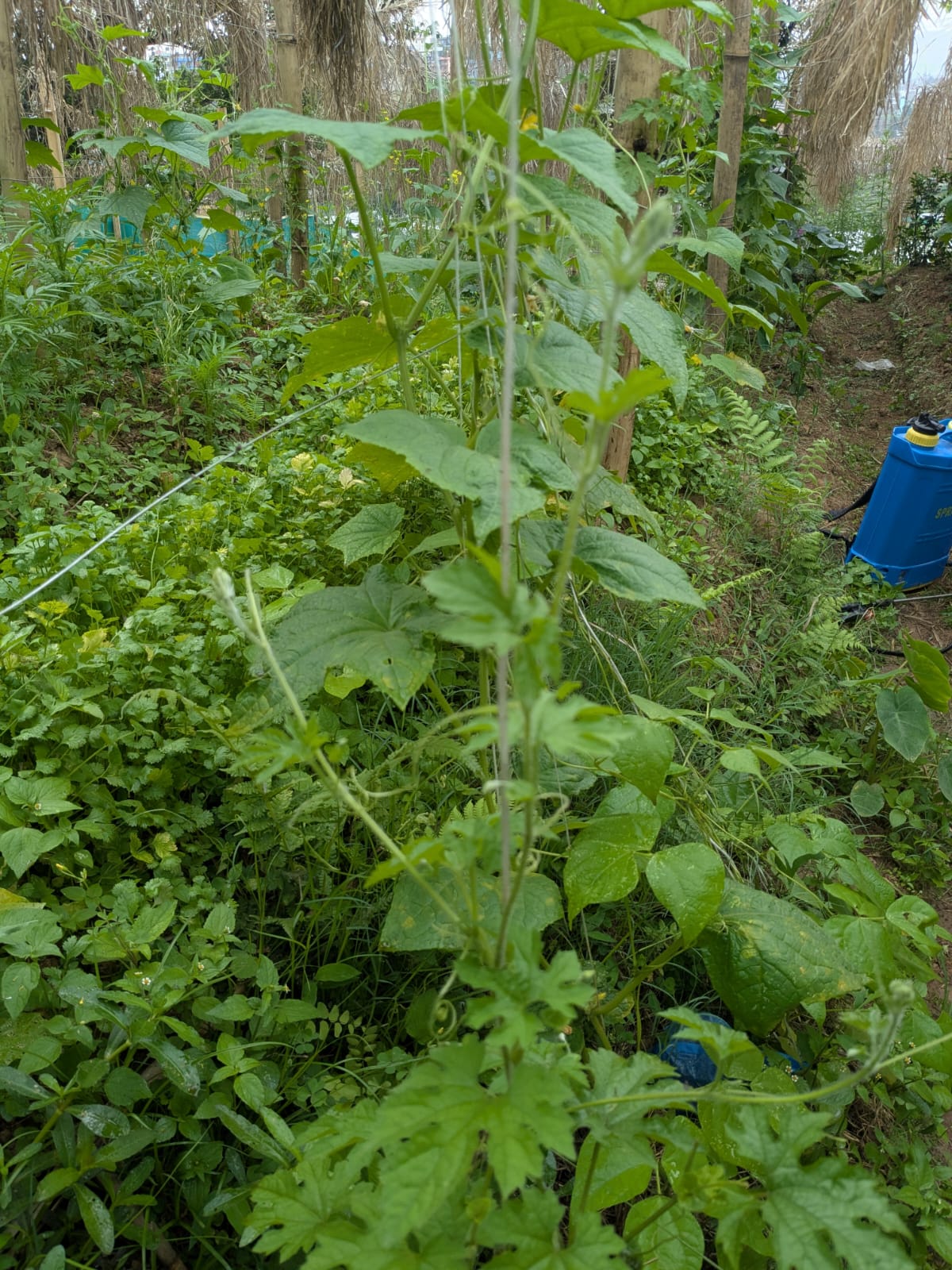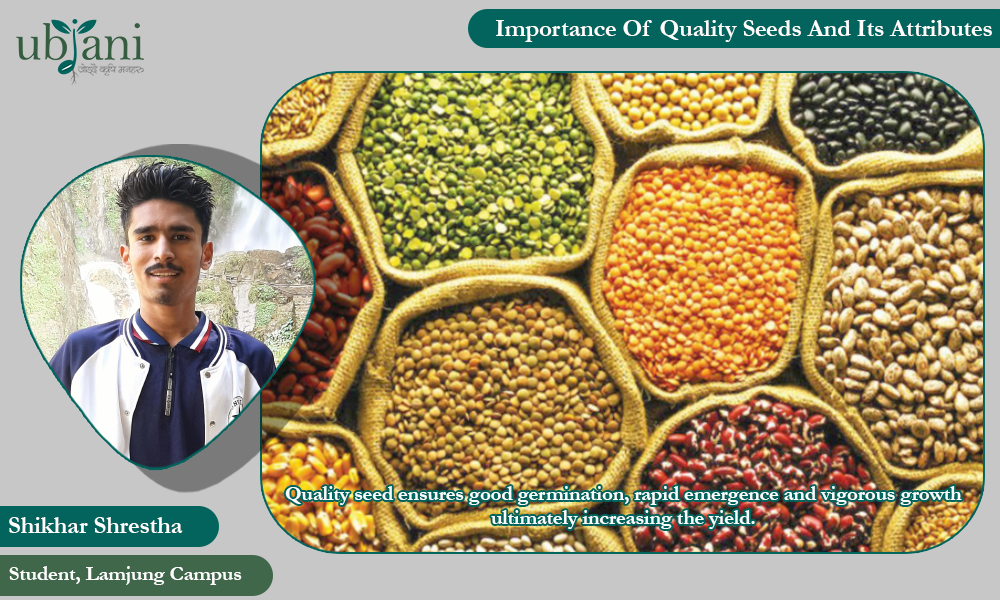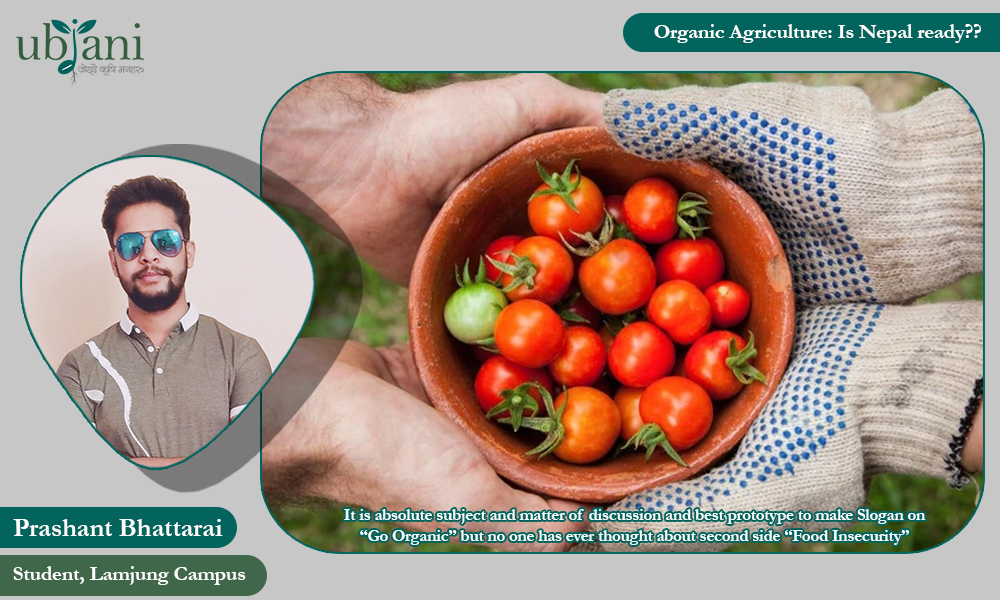
An interesting topic to discuss about is preparation and condition of Nepal in Organic Agriculture. Recent questionnaire to a farmer shocks official as he responded “Organic farming means not using of Chemicals, Herbicides and Inorganic substances, but in field Fertilizers can be used to increase production.” The statement by farmer vacillates the concept of Organic farming between producers.
Despite of the fact that Nepal imports food item in billions per fiscal year, an approach on Organic farming is being made. It has been reported that about 0.23% of total agriculture land is under organic management. Report shows about 1470 organic producers, 16 cooperatives as well as 25 merchandise are practicing organic farming in Nepal. Yeah, its absolute subject and matter of discussion and best prototype to make Slogan on “Go Organic” but no one has ever thought about second side “Food Insecurity” and “So called Organic Practice”.
To go Organic first thing, we should be self sufficient on our production. The base rate of Organic food is relatively higher as compared and as consumer they usually go for lower price. Unless billion rupees export is checked, there is no chance of going Organic from economic stability and market equilibrium point of view. From production point of view, we may also analyze that how Organic Agriculture can be self-sufficient in present scenario, result organic production is shorthanded. This seriously raises question on Food Security.
Thinking about consumers how do they really know this one is organic and other is inorganic? The question dwells around the myth that Local Items are organic if not told and product with high value are organic. There are similarities on Local product and Organic ones but guess does not work. Consumers are blackout by high cost, low quality and false provocation of Organic Products.
How should we identify organic goods? Answer is pretty simple. Organic produce is smaller in dimension, better in taste, rough surface barely any pest resides as compared to inorganic, label or tags are seen from producers, relatively expensive, contains more seed inside, cooks really fast and has low self-life in comparison. In Nepal, when we study in market very seller utters about organic product which they actually mean Local one. That’s where me make mistake as consumers and should care while purchasing.
Jumping into solution Nepal should start process slowly and continuously. Proper resources should be built before any proceedings. Nepal’s soil is low in nutrients and hence enhancing those can require a lot of biofertilizers. Biopesticide must be arranged to protect produce as Organic products are prone to insect and Pests.
Mainly for organic culture Standard procedure and minimum requirement must be followed. IFOAM is one international organization that sets standard. Talking about Nepal, National Organic Agriculture Accreditation Body (NOAAB) and the National Coordination Committee for Organic Agriculture Production and Processing System (NCCOAPPS) have been established to create environment for Organic production.
Organic farms should be legally registered and products should be labelled. Interest of investors can be drawn by making good policies and strategies. Quality control sector must be active and surveillance should be made. It will be easy for Nepal to go organic as most agriculture practice is still tradition based and local techniques are used. Mainly consumers must be aware of what they are purchasing and what they need. Climatic zonation of crops and subsequent production along with good quality control can lead to condition where we all can proudly say “Nepal is an Organic country”.





